
HOPE FOR HONOR
In addition to living assistance, what the KMT veterans desire most are respect and recognition from the public and the government.
Sun said many who fear themselves being harmed and family members implicated during political movements have opted to keep their experience with the KMT troops a secret, seeing it a heavy stigma despite the sacrifices they made to safeguard the country.
You Guangcai said because of his links with the KMT, he lost his job as a woodworker, his wife divorced him in the early 1950s and he was alienated from his parents and brother.
"But I'll not put the blame on anyone. Anyway, it's a great comfort for me that our country has embarked on the right path," said the 84-year-old veteran living in Beijing.
The veterans have struggled to suppress their grievances for over half a century, said Sun, "Therefore, they greatly treasure the recognition and honor from the government."
The veterans became slightly relieved only after then-Chinese President Hu Jintao spoke highly of the contributions the KMT troops made in expelling the Japanese invaders in 2005.
"It's no wonder that a serviceman would move earth and heaven for honor," said Ke Yuewu, a volunteer who offers veterans medals made by caring people as gifts.
Although the vast majority of the veterans have not obtained medals from the government, the alternatives also serve as a consolation, Ke said. "Many of the elderly burst into tears when they see the medal."
At the first glimpse of his medal, 94-year-old Zhao Haichen stayed silent for a while, then said, "I feel much fulfilled now, compared with my comrades in arms who died at the battlefield nameless." (Xinhua writers Ren Ke, Wang Di and Han Xue also contributed to the story.)

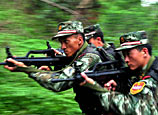
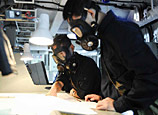
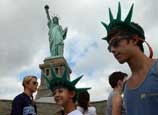

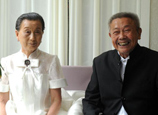
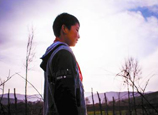


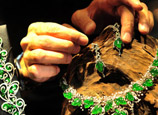
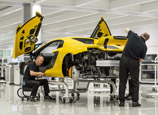






 People enjoy time at old teahouse in Kashgar, NW China's Xinjiang
People enjoy time at old teahouse in Kashgar, NW China's Xinjiang


![]()
